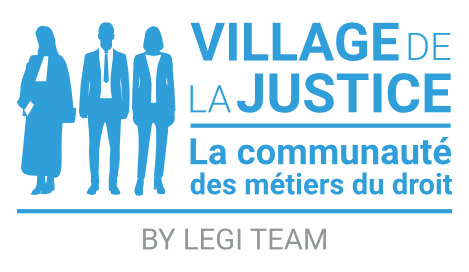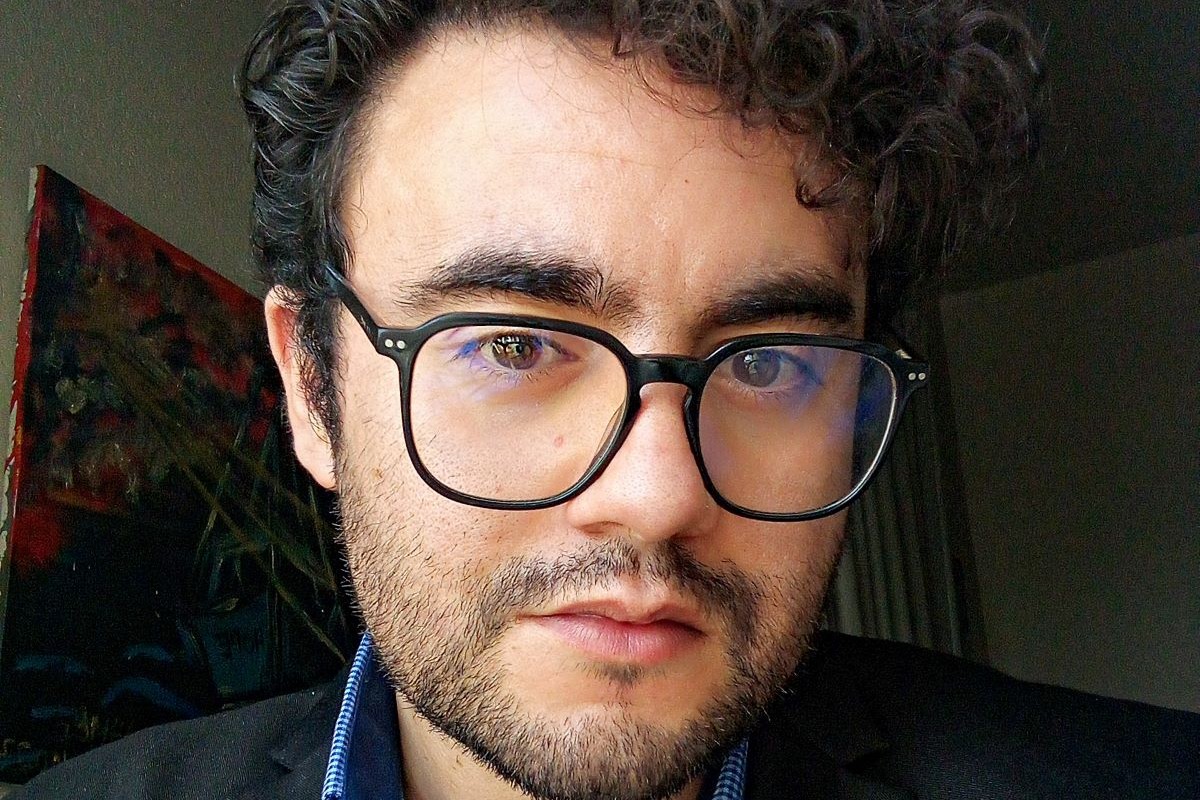Considering the numerous acts of aggression against religious communities, isn’t the Tunisian legislation still faithful to an incomplete, retrogressive and insufficient legislative practice ? Therefore, is the question of the protection of religious minorities limited only to believers of Abrahamic religions ? Isn’t it time to think more reasonably and objectively about the rights of other religious communities ?
In the light of the freedom of conscience enshrined in Article 6 of the Tunisian constitution, to what extent does the question of religious minorities remain an issue alienated by abusive and unjustified political and social considerations ?
Since the revolution of January 14, 2011, Tunisia has successfully established a functioning democracy and taken a number of positive steps to promote human rights in the country, including the drafting of the Constitution in 2014. This has been followed by a number of other legislative changes that have benefited minorities, in particular the adoption in October 2018 of a law criminalizing racial discrimination [1].
In the same vein, on March 23, 2021, the representative of the Ministry of Religious Affairs, Ms Messaouda Battikh [2], announced that the ministry was working on a project to create a department dedicated to religious minorities. She specified that various texts already govern relations with religious minorities in Tunisia. As for Catholics, an agreement was signed in 1964 with the Vatican. This agreement guarantees them "the free exercise of worship" [3] as well as a law dating from 1958 governs the religious practice of the Jewish minority [4].
Despite these significant advances, questions remain about religious minorities in Tunisia as they try to establish their presence and assert their legitimacy with respect to public authorities, religious leaders and the population.
In order to confront a legacy of discrimination and intolerance, to what extent do legislative advances fit with the claims of marginalized religious communities ? Does the current legislation seem to be effective ? Considering the numerous acts of aggression against religious communities, isn’t the Tunisian legislation still faithful to an incomplete, retrogressive and insufficient legislative practice ? Therefore, is the question of the protection of religious minorities limited only to believers of Abrahamic religions ? Isn’t it time to think more reasonably and objectively about the rights of other religious communities ?
In the light of the freedom of conscience enshrined in Article 6 of the Tunisian constitution, to what extent does the question of religious minorities remain an issue alienated by abusive and unjustified political and social considerations ?
A right guaranteed by the Constitution despite some flaws.
By stating equality and non-discrimination through the provisions of Article 21 of the Constitution of January 27 2014, which stipulates that “All citizens, male and female, have equal rights and duties, and are equal before the law without any discrimination” [5], freedom of conscience through Article 6 “The state is the guardian of religion. It guarantees freedom of conscience and belief” Article 6, [6], and following the international commitments ratified by Tunisia in terms of individual rights and freedoms as a member of the United Nations since March 2, 1992 and a de facto member of the Universal Declaration of Human Rights, which guarantees freedom of conscience in its Article 18 [7].
Tunisia is therefore committed to guaranteeing freedom of conscience and the eradication of all forms of discrimination in the enjoyment or exercise of this right.
Nevertheless, despite these encouraging developments many religious communities continue to face the legacy of years of discrimination. While the right to freedom of religion is guaranteed in the constitution, in practice the only minorities currently recognized are the Christian and Jewish communities. Other groups that are not recognized, such as the Baha’is, face major restrictions on their ability to pray freely. Pre-revolutionary legislation still uses apostasy to penalize Tunisians who chose to convert to Christianity or identify as atheists. Indeed, article 37 of the Constitution of 1959 or article 74 of the Constitution of 2014 testify to this [8]. This last article declares that the President of the Republic must be of Muslim faith. Others also speak of an attack on the freedom of non-practicing Muslims and atheists through the ban on buying alcohol in supermarkets on Fridays or restrictions during the month of Ramadan.
The case of the Bahá’ís in Tunisia.
Although they probably number in the hundreds, the exact number of Bahá’ís in Tunisia is unknown since the religion is not recognized by the state [9], official figures are not available and the representatives of the community themselves. are reluctant to produce estimates, since many remain unknown. A recent case shows another possible loophole in freedom of belief. This concerns the Baha’i Association in Tunisia. Baha’ism is a monotheistic religion, born in the 19th century in present-day Iran, which arose out of Shiism. According to Bahaism, all religions work for unity and peace and their differences are only related to the context in which they have evolved. According to the official website of the Baha’is of Tunisia, this religion would have arrived in the country from Egypt in 1921. Different sources attest to its presence in the country although the numbers of followers are quite low. The US State Department’s report on minorities published in 2019 denounced the authorities’ refusal in 2018 to grant legal status to the religion.
Civil society denounced the Tunisian government’s decision to once again deny the declaration of the formation of the Baha’i Association in Tunisia on the pretext that it was not a monotheistic religion. Indeed, by monotheism the government would only recognize Islam, Judaism and Christianity. In response, the association decided to sue the government for discrimination. On March 15, they filed a complaint against various political and religious representatives [10]. On March 16, they organized a press conference to denounce this fact to journalists. They took advantage of the conference to distribute copies of the government’s refusal documents proving, according to them, that the refusal was based on unacceptable evidence (there is a fatwa accusing the Baha’is of apostasy).
Atheists in Tunisia.
The current situation in Tunisia is particularly precarious for the country’s atheists, who are generally identified as culturally Muslim and for whom no data is available. Some prefer to remain silent for fear of prosecution and stigmatization. Others may not consider themselves atheists but simply decide not to follow the mainstream interpretation of Islam [11], thus attracting persecution. A recent example of this is the conviction of non-fasters (fattaras) during the month of Ramadan in 2017 based on Articles 226 and 226 bis of the Penal Code
"Is punishable by six months ” [12] imprisonment and a fine of one thousand dinars whoever publicly undermines good morals or public morals by gesture or speech or intentionally disturbs others in a way that undermines modesty".
Cases have been reported of young people brought to police stations for drinking, eating or smoking during the day in the municipalities of Ariana, Bizerte, Sfax and Beja [13]
Conclusion.
Tunisia’s achievements since the revolution have indeed been driven by a growing recognition of minorities, women, and other groups, as well as by a willingness to provide space for these marginalized voices to freely express their demands.
However, much remains to be done to achieve full equality for all and complete the country’s remarkable transition to a vibrant and inclusive democracy. This includes not only the repeal of discriminatory pre-2011 legislation and the implementation of its commitments under international law, but also engagement and education at all levels of Tunisian society, including the police, justice, religious leaders, and the general public.
It remains to be seen how the Parliament and the government will respond to calls from civil society to undertake a comprehensive reform of the penal code to bring it in line with the constitution and the country’s international commitments. It is also important that all Tunisian stakeholders collaborate on issues related to education and media discourse, supporting a message of acceptance and recognition of the diversity of the Tunisian population.
Résumé en Francais de l’article intitulé « Les minorités religieuses en Tunisie : une consécration vide de sa substance ».
Depuis la révolution de 14 janvier 2011, la Tunisie a instauré bel et bien « une démocratie fonctionnelle » fortifiée par la tendance vers l’élaboration d’une constitution qualifiée de « progressiste » en matière de promotion des droits de l’Homme où les principes de la non-discrimination et d’égalité sont de plus en plus sacrés et intangibles voire même sensibles aux restrictions abusives. A titre illustratif, l’article 21 de la constitution Tunisienne dispose que
« Les citoyens et les citoyennes sont égaux en droits et en devoirs. Ils sont égaux devant la loi sans discrimination. L’État garantit aux citoyens et aux citoyennes les libertés et les droits individuels et collectifs. Il leur assure les conditions d’une vie digne ».
Il en découle que le credo de cette affirmation constitutionnelle constitue, de ce fait, une véritable réponse aux certains sujets tabous, socialement enterrés, politiquement marginalisés et juridiquement sanctionnés ; il s’agit ici de la question des minorités en général et celles religieuses en particulier.
Malgré les tentatives prometteuses en matière de fortification des droits et liberté de la communauté des minorités en Tunisie, à l’instar de l’adoption d’une loi relative à l’élimination de toutes les formes de discrimination raciale [14], de nombreuses unions religieuses, cependant, sont encore confrontées à l’omniprésence d’un méli-mélo d’héritage d’années de discrimination et d’intolérance.
Il est vrai que la liberté religieuse est garantie dans l’article 6 de la Constitution Tunisienne, les seules minorités actuellement reconnues sont les communautés chrétiennes et juives, alors que d’autres groupes, tels que les bahá’ís, sont marginalisés dont des restrictions majeures, quant à leur capacité de prier librement, sont toujours imposées.
Problématique.
En vue de lutter contre un héritage de discrimination et d’intolérance, dans quelle mesure les avancées législatives s’adaptent-elles avec les exigences et les revendications des communautés religieuses marginalisées ? En termes de protection des minorités religieuses, la législation actuelle semble-t-elle opérante ?
Compte tenu de la multiplicité des actes attentatoires subis par les communautés religieuses, la législation tunisienne n’est-elle pas encore et toujours fidèle à une pratique législative lacunaire, retardée et insuffisante ? De ce fait, en droit tunisien, est ce que la question de la protection des minorités religieuses se limite-t-elle seulement aux croyants des religions abrahamiques ? N’est-il pas le temps de penser plus raisonnablement et plus objectivement aux droits des autres communautés religieuses ? Compte tenu de la liberté de conscience consacrée par l’article 6 de la constitution Tunisienne, dans quelle mesure la question des minorités religieuses reste-t-elle une problématique camouflée voire aliénée par des considérations politiques et sociales abusives et injustifiées ?




































